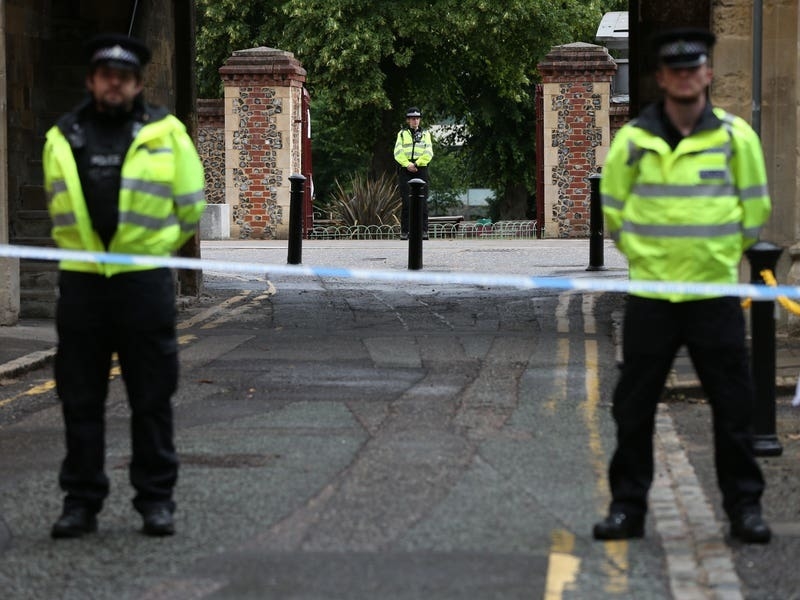At the end of September the latest annual Retail Price Index, a measure of inflation, was 4.3 per cent, which was slightly lower than the previous figure of 4.5 per cent recorded in June.
Inflation has increased substantially in Jersey this year after several years of historically low levels. The June figure was the highest for six years.
According to Statistics Jersey’s report, the biggest contributor to rising living costs was housing – such as mortgage expenses, rents, insurance and water charges – which increased by 6.5 per cent on average and made up a large proportion of overall household ‘shopping baskets’.
The large increase in housing costs was mainly due to the Bank of England increasing its interest base rate in November last year and this August, which pushed the cost of mortgages up. Taking mortgage interest payments out of the calculations, the inflation rate would have been just 3.8 per cent.
Jersey’s inflation rate in both September and June was nearly double the UK’s figures, which, adjusted for comparison, were 2.6 per cent and 2.7 per cent respectively.
Deputy Kirsten Morel, chairman of the Economic Affairs Scrutiny Panel, said that the figures heightened his concerns about the high cost of housing in the Island.
He added that he planned to ask the Environment, Housing and Infrastructure Scrutiny Panel, of which he is also a member, to consider a review of mechanisms, such as rent controls and land-value taxes, that could be used to control housing
costs.
‘Increasing the supply of housing alone is not working. We need to review possibly using taxes and controls to tackle this issue,’ he said.
‘I know that [social housing developer] Andium recently froze their rents rather than increasing them at one per cent above the cost of living, and I welcome that. But we need to tackle the problem in the private market too.’
He added he also believed that improving productivity of the Island’s workforce [goods and services produced per person] needed to be a priority of the Economic Development Department in order to tackle inflation.
Other areas where sharp price increases were recorded included fuel and lighting costs, which rose 8.7 per cent. The price of heating oil rose by 14p per litre during the year, and the cost of motoring, which went up by 4.9 per cent, was also affected by rising oil prices – petrol and diesel prices rose 12p and 13p per litre.
There was some good news for consumers, however, as clothing and footwear costs dropped by 3.5 per cent over the year, while travel costs fell by 1.4 per cent.
The latest average earnings figures for Jersey, which were released in June, showed that weekly wages increased by 3.5 per cent, meaning that pay increases are lagging behind the rise in the cost of living.
Economic Development Minister Lyndon Farnham and Treasury Minister Susie Pinel both declined to comment on the figures.






